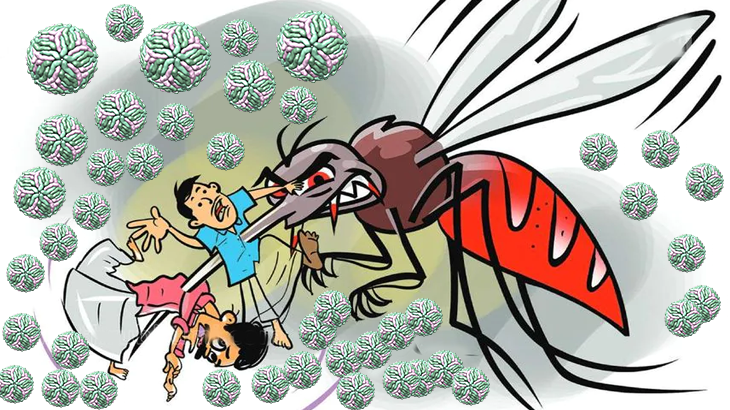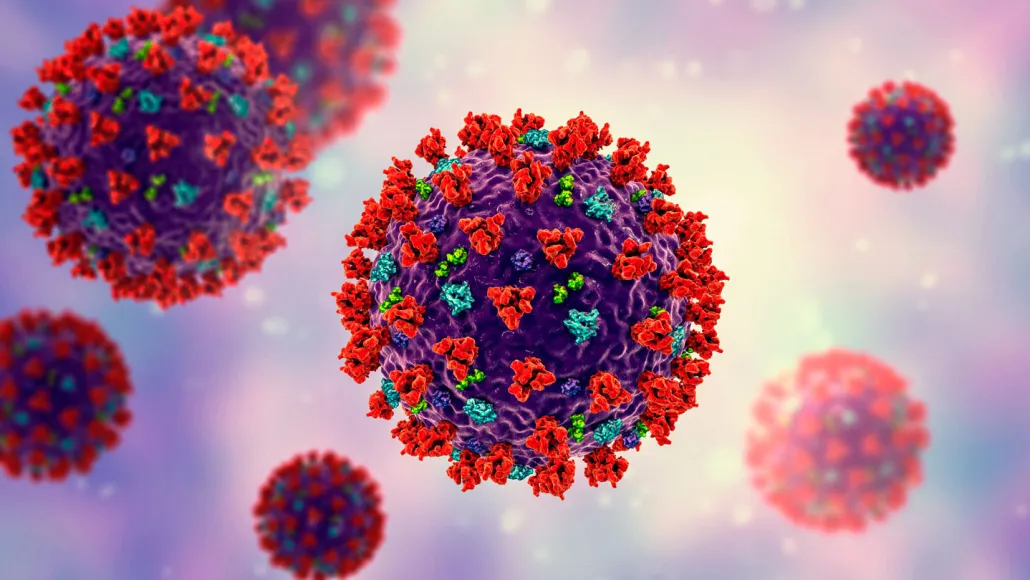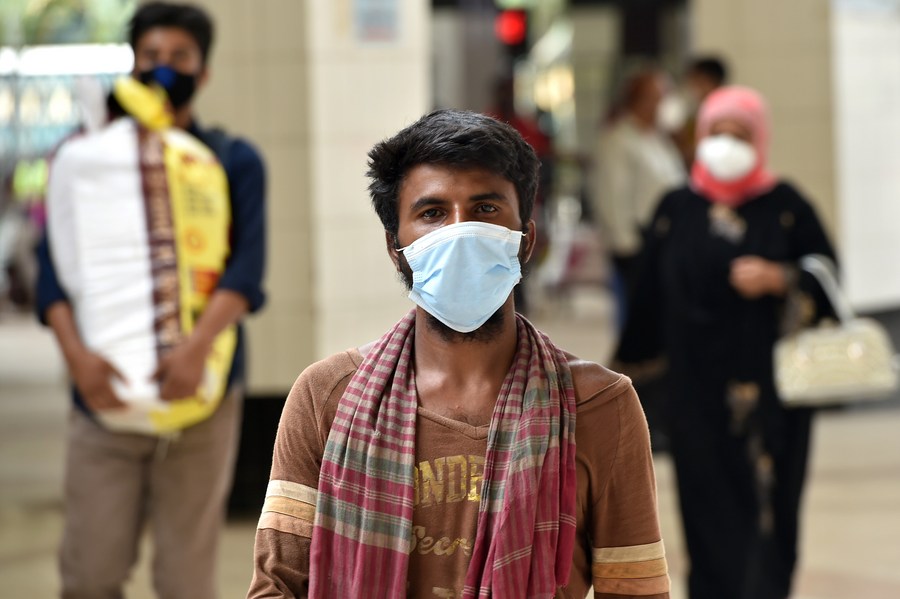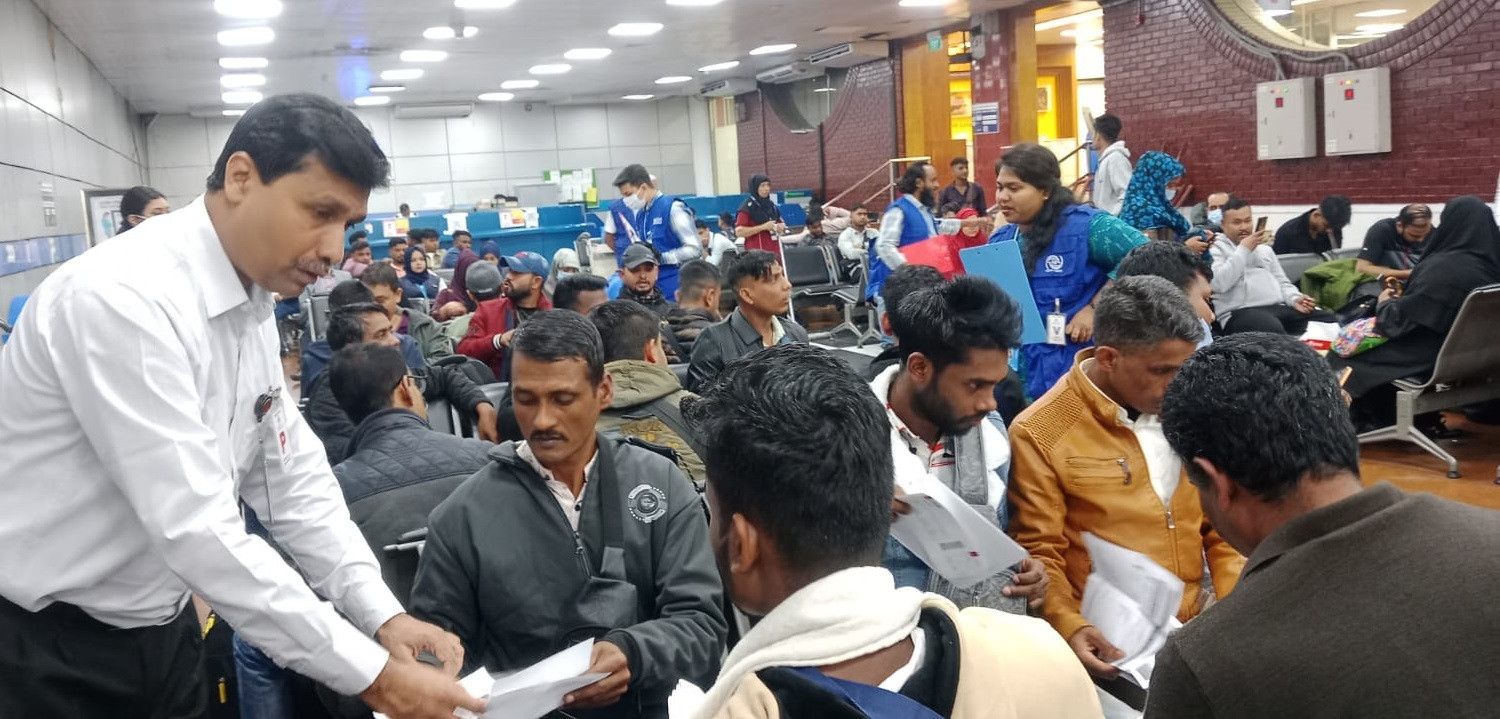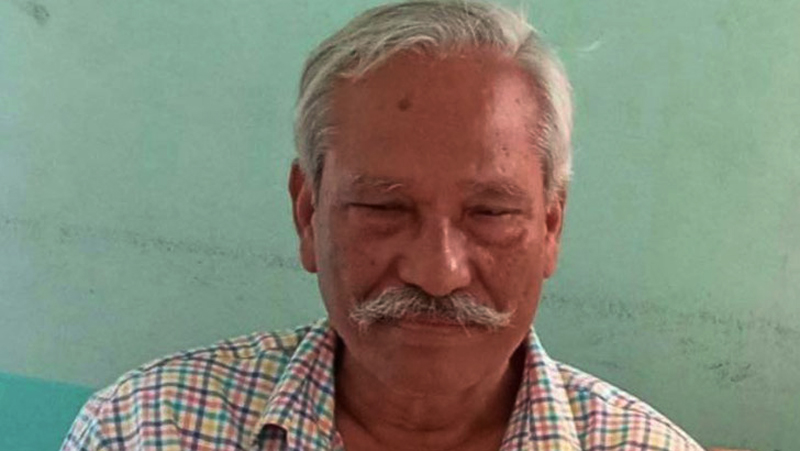Many hospitals in the city including Dhaka Medical College Hospital are struggling to provide treatment to the rising number of dengue patients due to the shortage of beds.
In scenes reminiscent of the country’s worst-ever dengue outbreak in 2019, many patients suffering from dengue fever were seen receiving treatment on the floors and balconies as hospitals ran out of beds to accommodate them.
Visiting various areas in the city, UNB found that hospitals including Holy Family Hospital, Mugda Medical College and Hospital, Bangladesh Shishu Hospital and Institute, Dhaka Medical College Hospital and Kurmitola General Hospital are treating patients on the floor, as all the beds in their respective wards have been filled with patients affected by the mosquito-borne disease.
However, the number of infections may start to fall in the first week of November, said Nazmul Islam, director of the Disease Control Department of DGHS.
Recently, the number of dengue patients has increased across the country. But the fatalities can be considerably reduced if patients go to the doctor at the right time, he said.
He also said that dengue has increased due to climate change. Besides, due to the lack of awareness, the mosquito-borne disease has increased this time.
A total of 120 people have died of dengue till October 26 this year. Doctors said that children were the worst sufferers.
‘Creating awareness among the public is a must to rein in the dengue menace. We’ve taken various steps in this regard,’ health minister Zahid Maleque told UNB.
Dhaka North Corporation Hospital, a new unit of BSMMU, and Lalkuthi Hospital have been kept ready in case of emergency, he added.
The minister said that the city corporations and municipalities have been urged to be vigilant about killing mosquitoes.
If the number of mosquitoes is reduced, the number of patients will automatically decrease resulting in the low pressure of dengue patients in the hospital, the minister observed.
As the number of dengue patients is increasing every day, hospitals are directed to give the proper treatment to the patients, Professor Ahmadul Kabir, additional director general of the health department, told UNB.
‘Beds and logistic support will be provided if needed,’ he added.
Public health expert Mohammad Abdus Sabur Khan said that although dengue intensity usually decreases in September, this time the situation has reversed.
‘It’s October now, but dengue is showing no sign of retreating. It seems like dengue will prevail till mid-November this time,’ Khan said.
Kabirul Bashar, professor of Jahangirnagar University zoology department said that the under-construction buildings are the primary breeding grounds of Aedes mosquitoes and 40 per cent of mosquitoes are bred from such locations.
In order to be protected from dengue, people should be more aware to go with the effective campaigns of city corporations, Bashar added.
According to the DGHS, a total of 33,923 people have been affected with dengue till October 26 of this year, while the number was 28,429 in 2021.
The highest number of people infected by dengue was in 2019 when a staggering 101,354 people were infected with the virus.
ABM Abdullah, an Emeritus Professor and the personal physician of prime minister Sheikh Hasina, provided some guidelines to fight dengue.
‘First of all, if anyone is infected with dengue, he has to consult a doctor and start taking medicines according to the prescription. Some people tend to think that a mild fever won’t do any harm. This line of thinking must be discarded. People suffering from fever must test themselves, and if dengue is identified in someone, he has to be admitted in hospitals immediately,’ Abdullah said.


